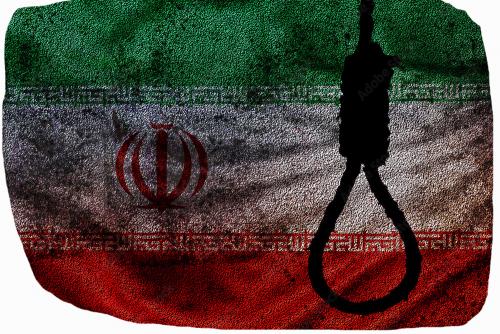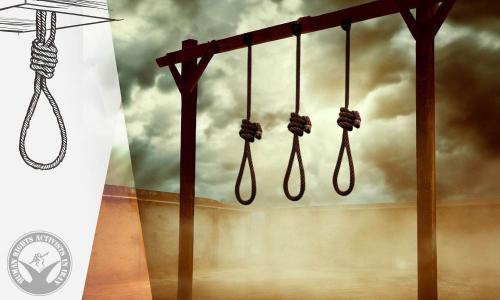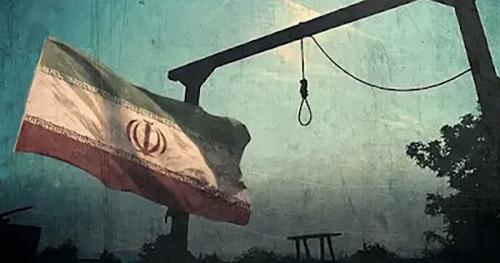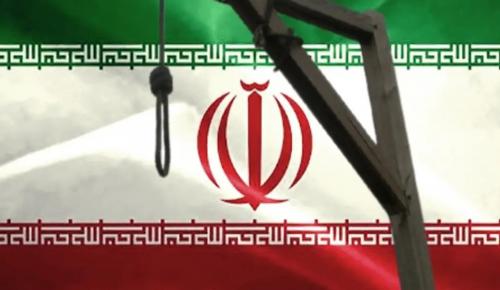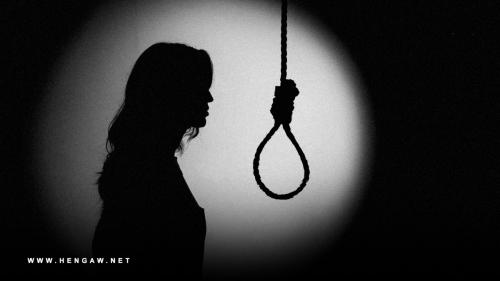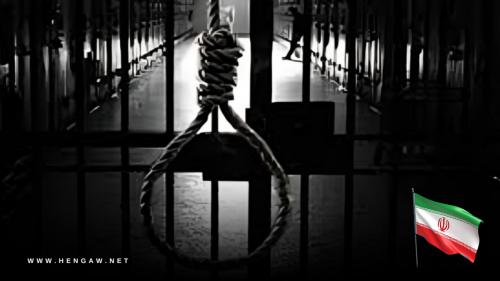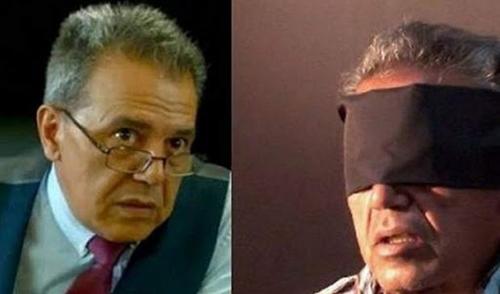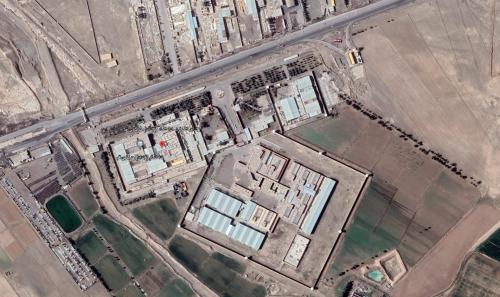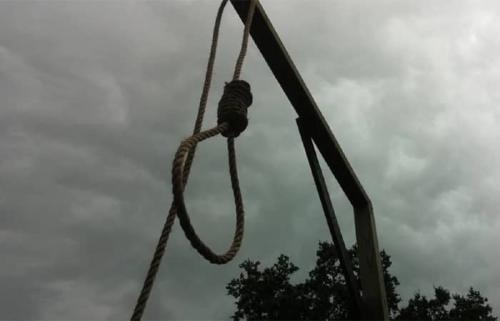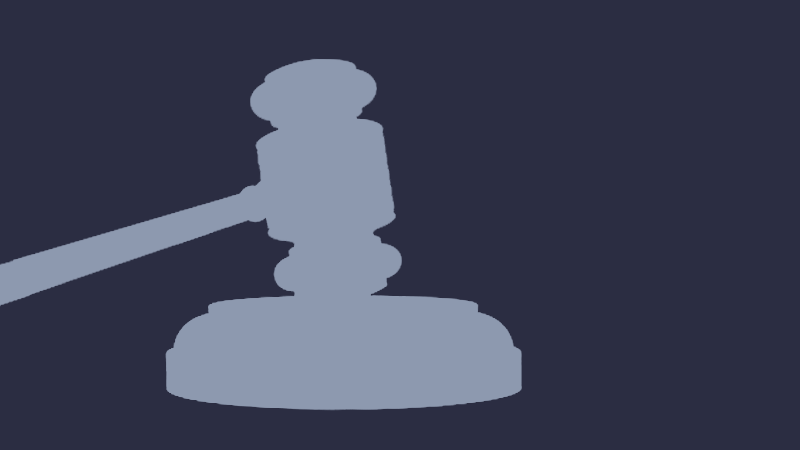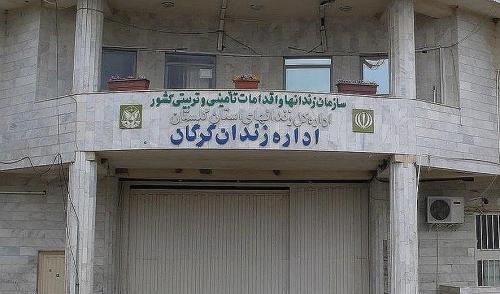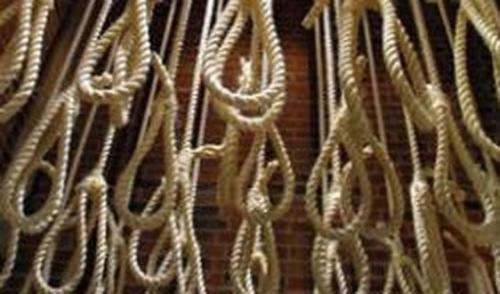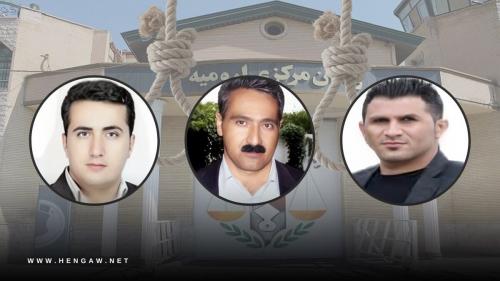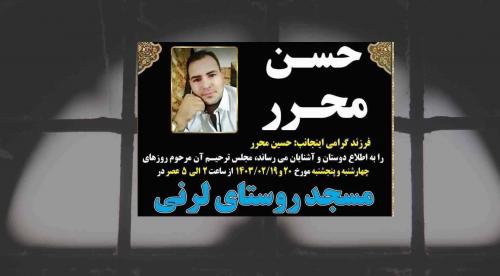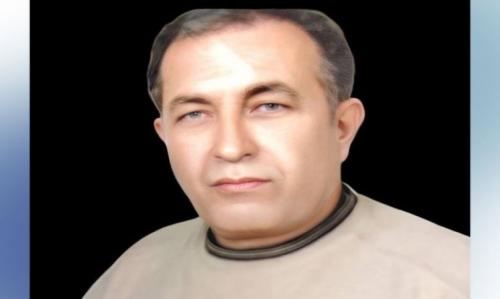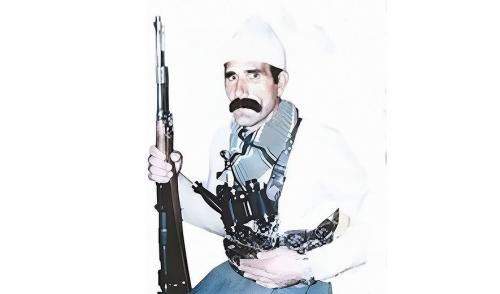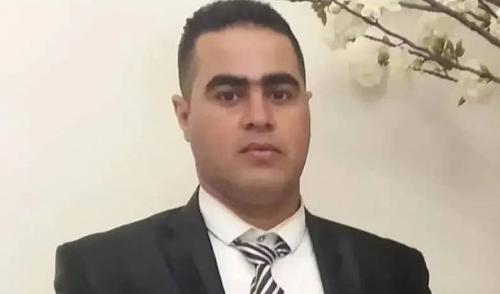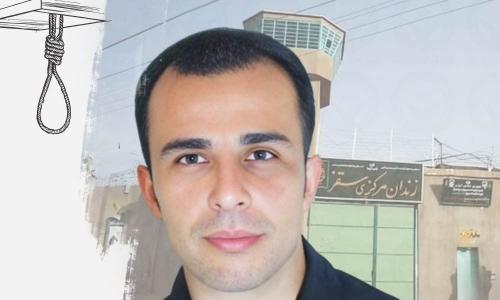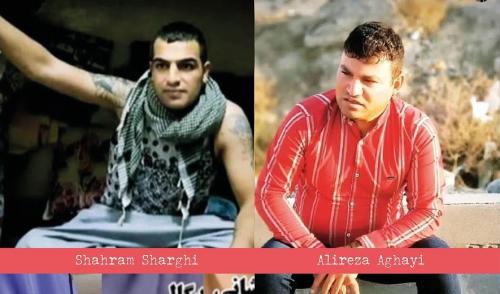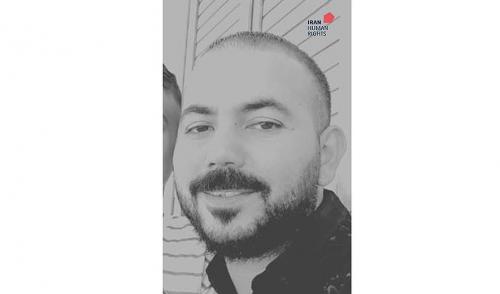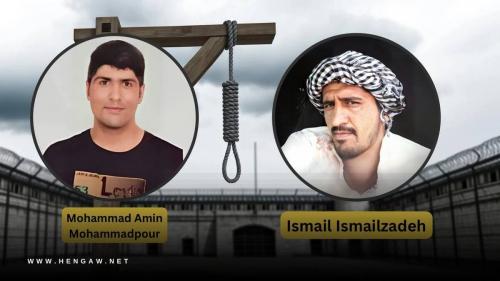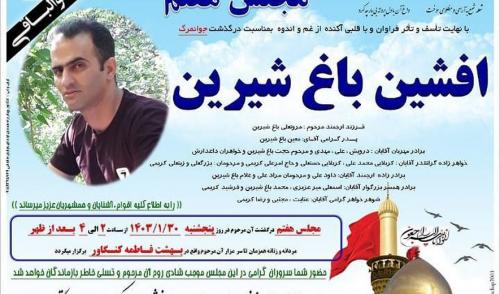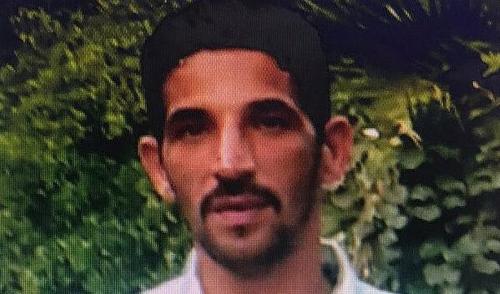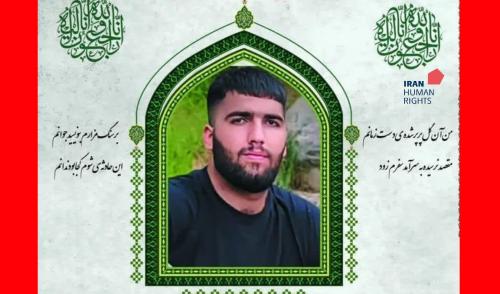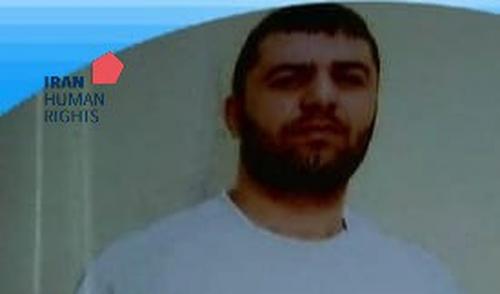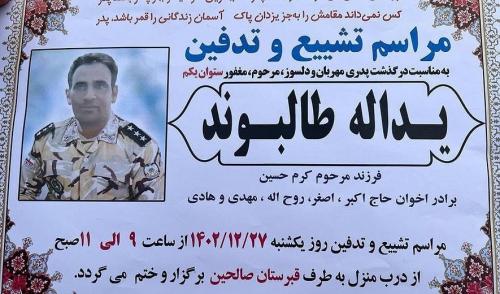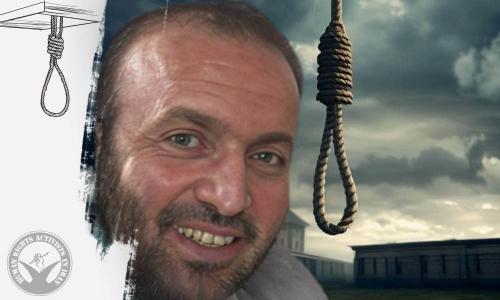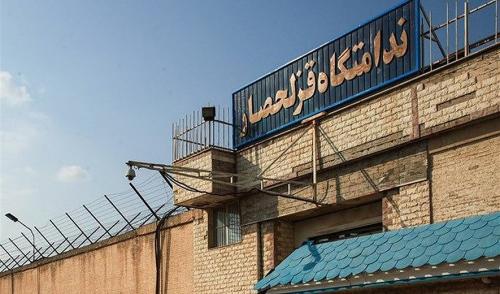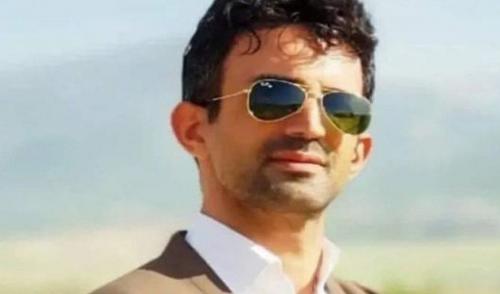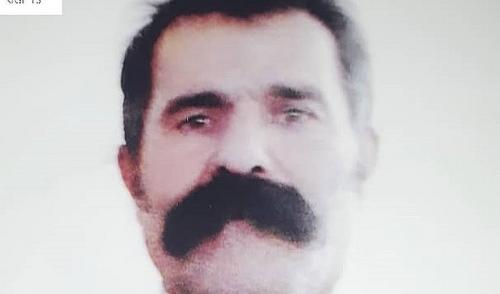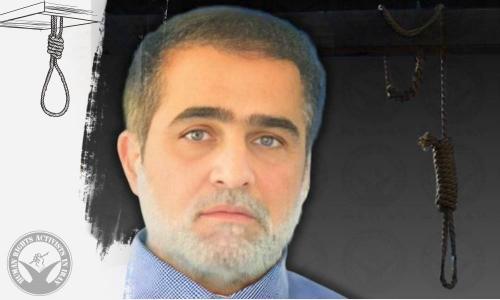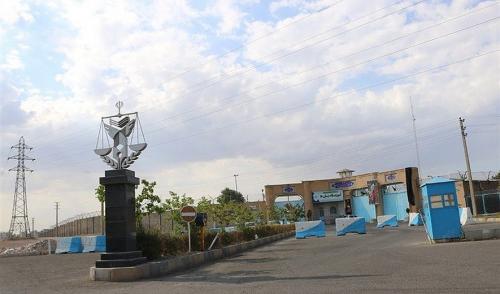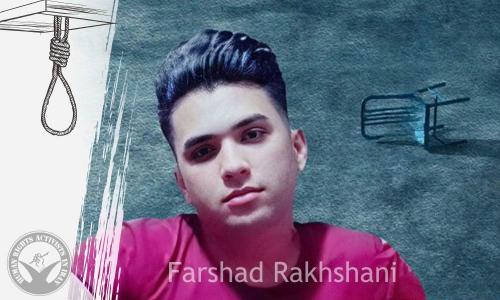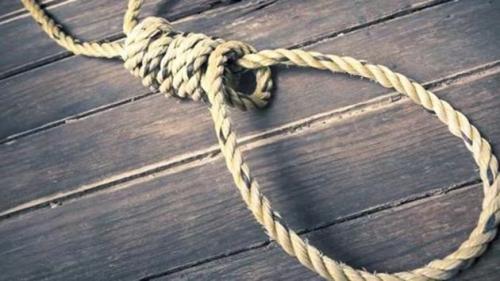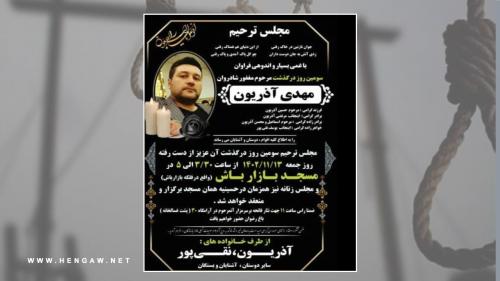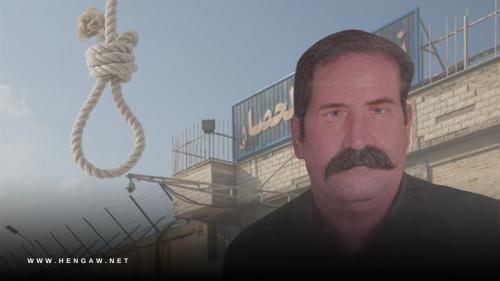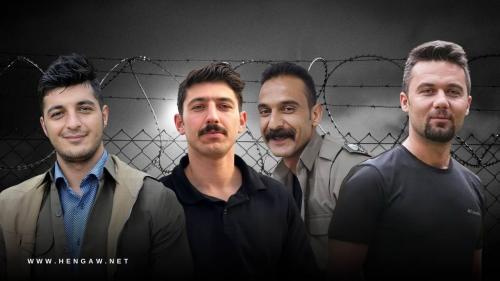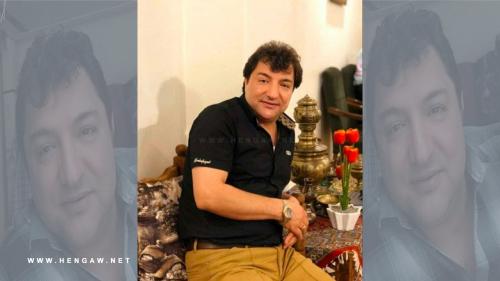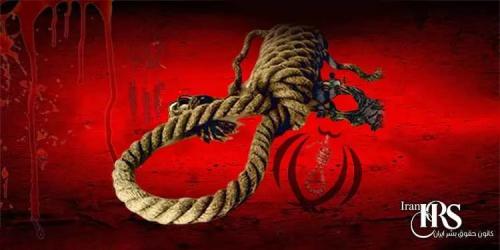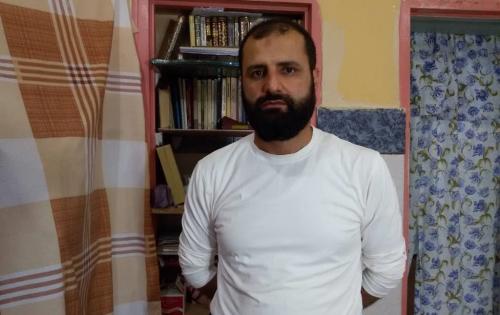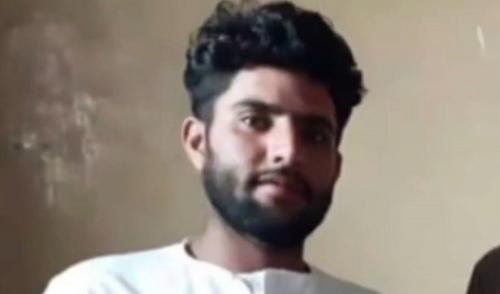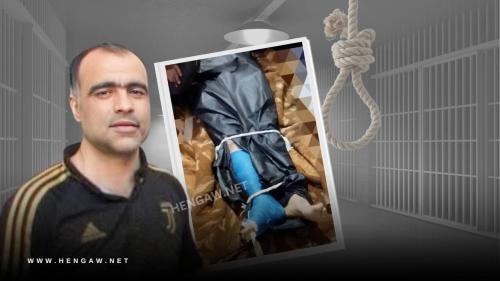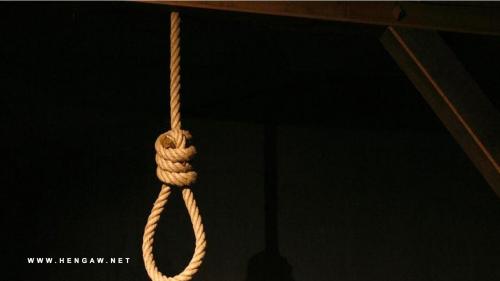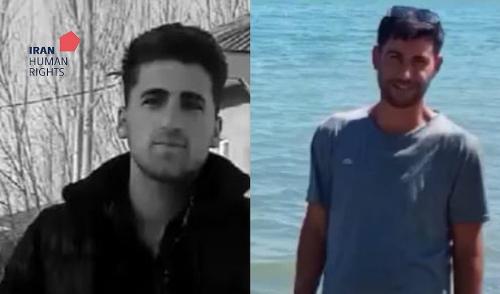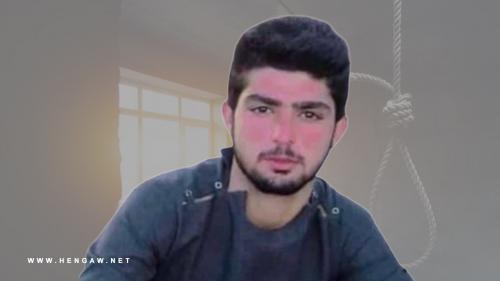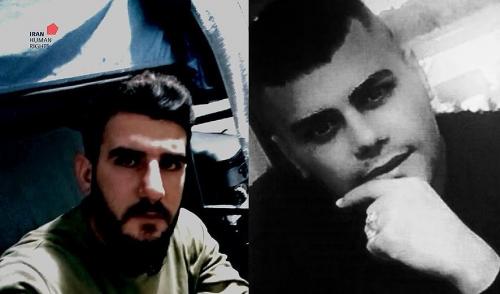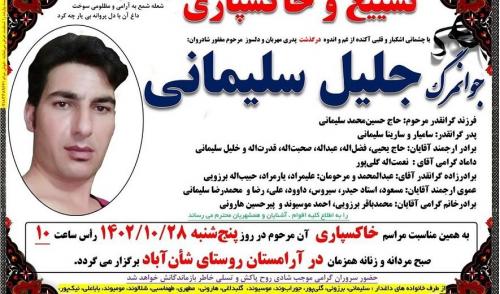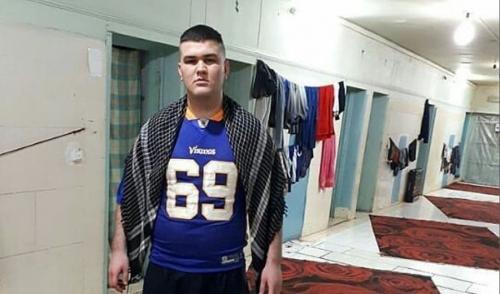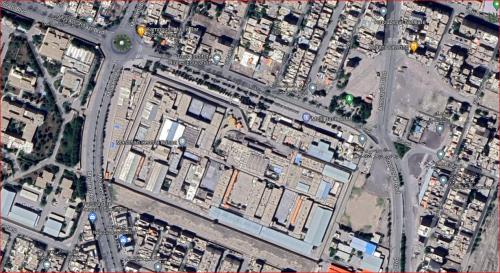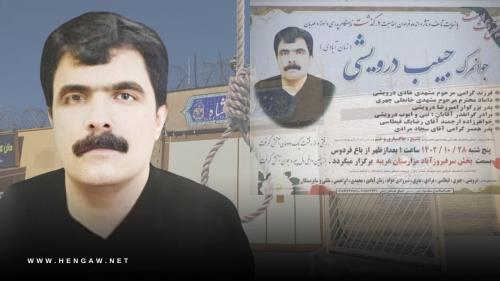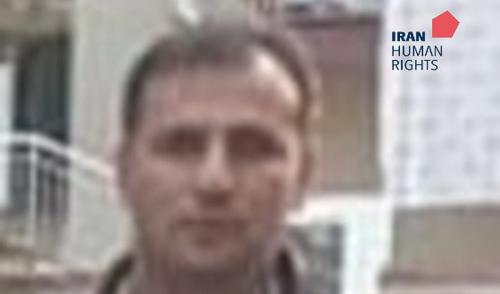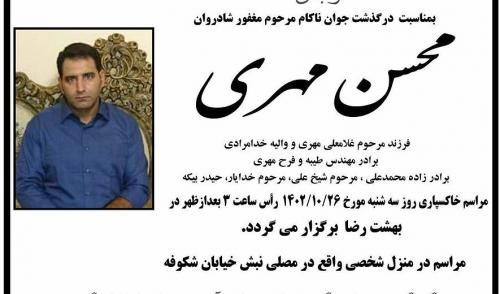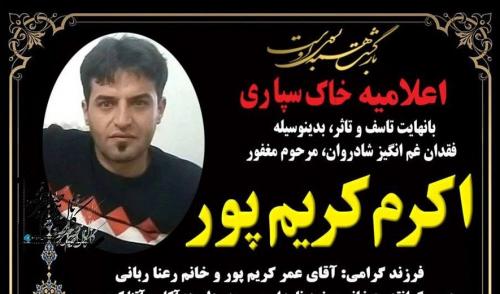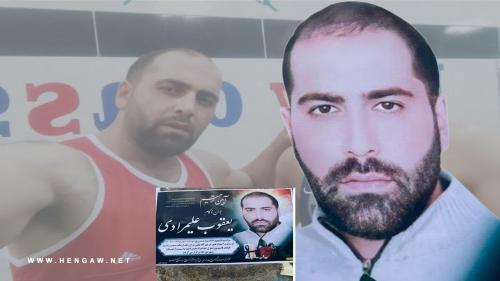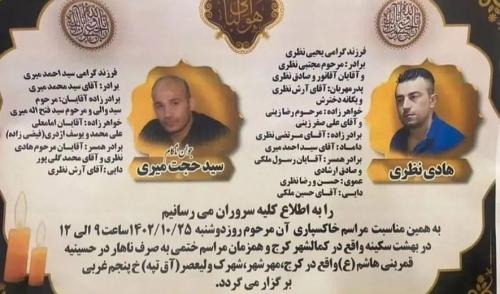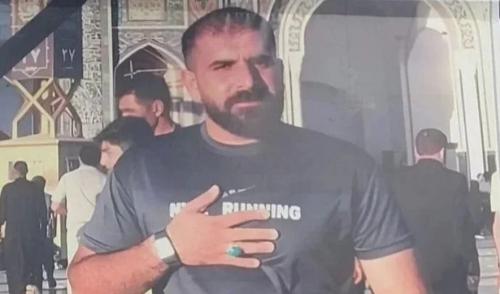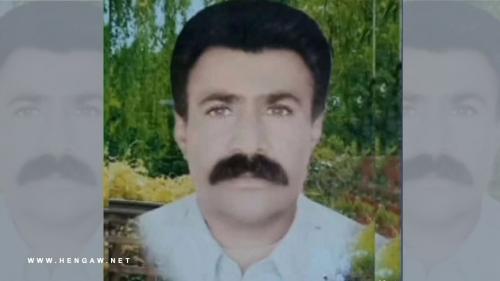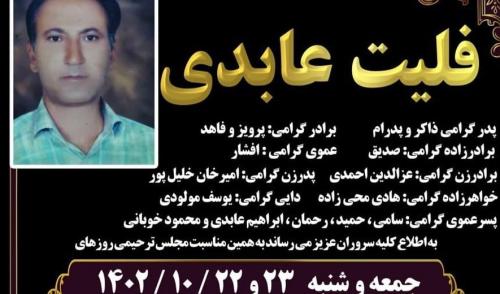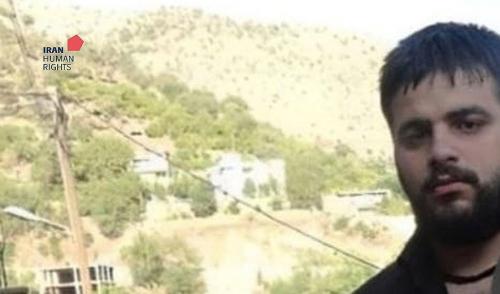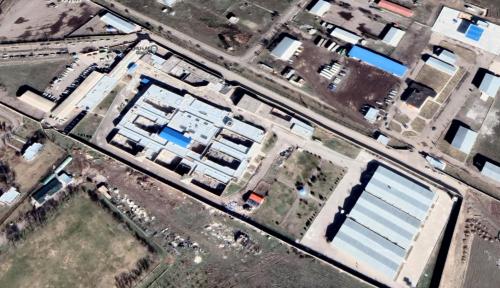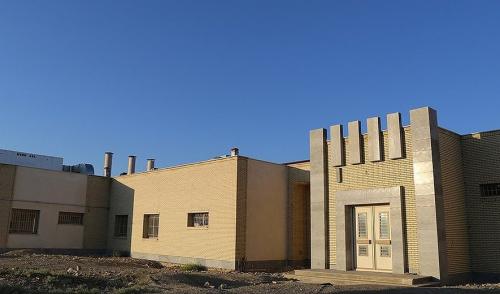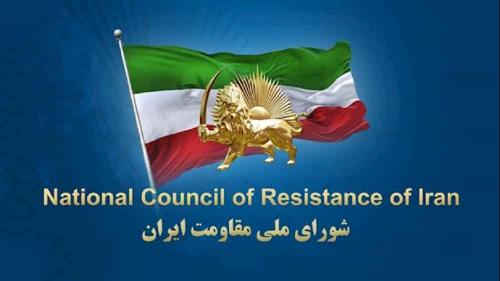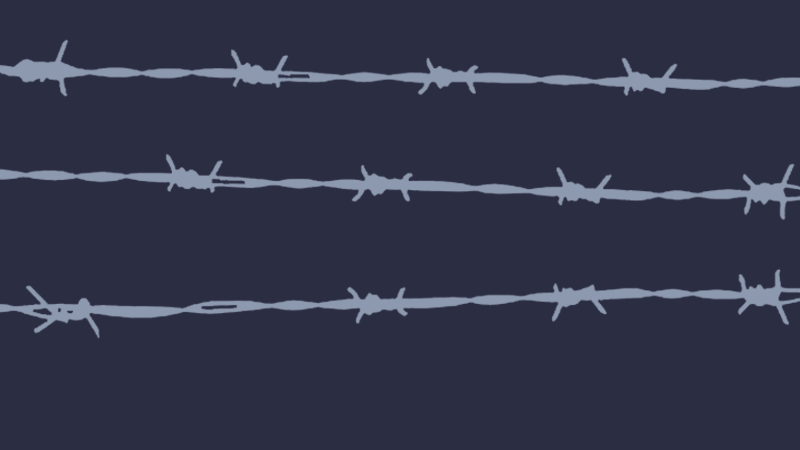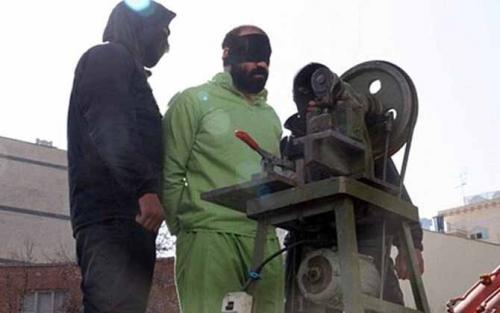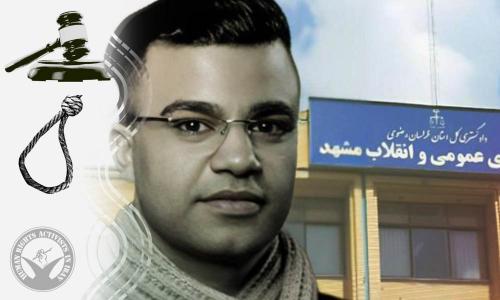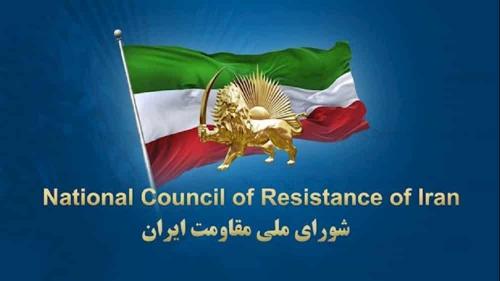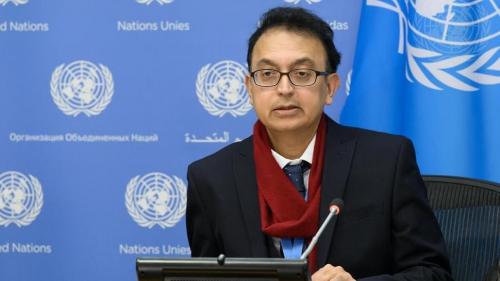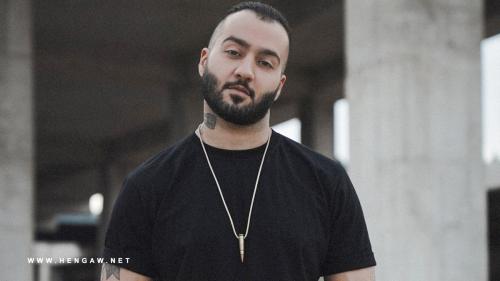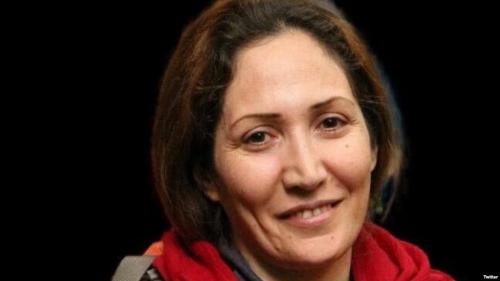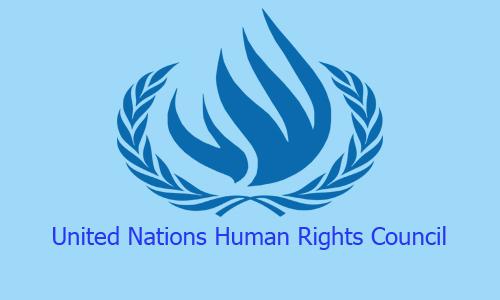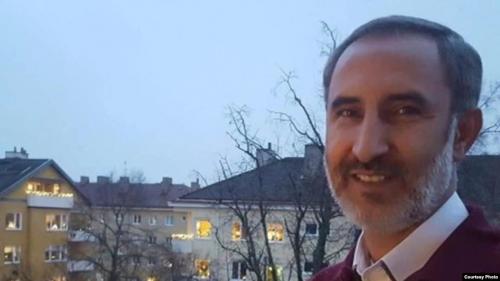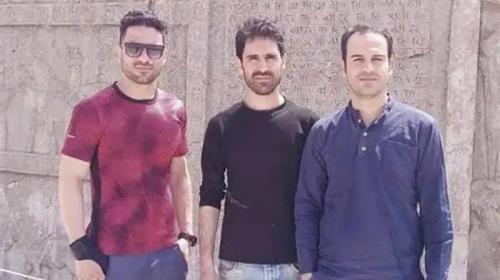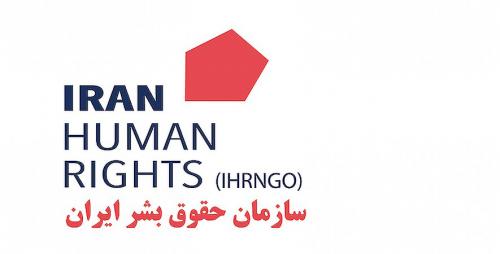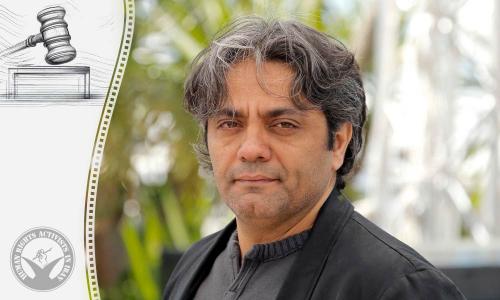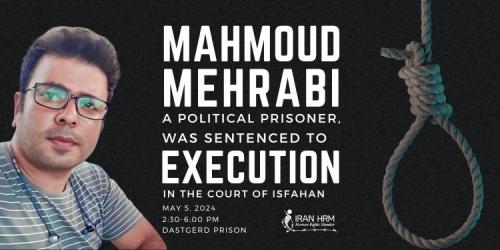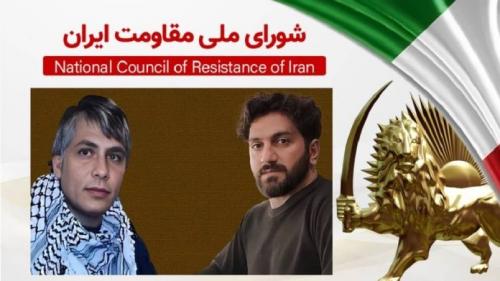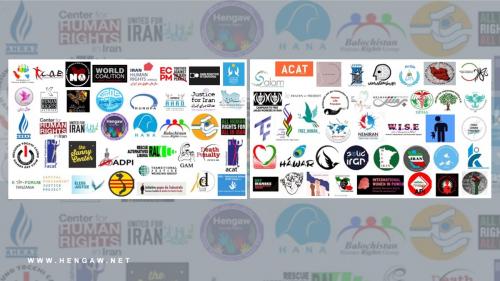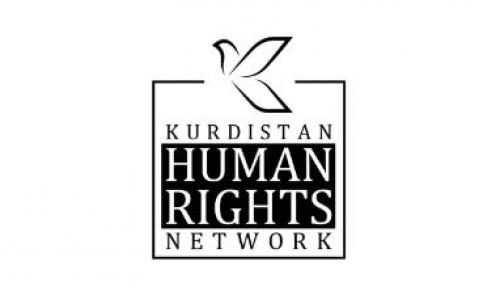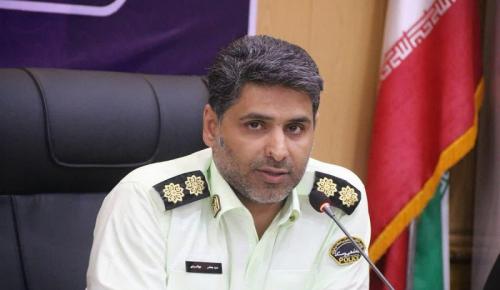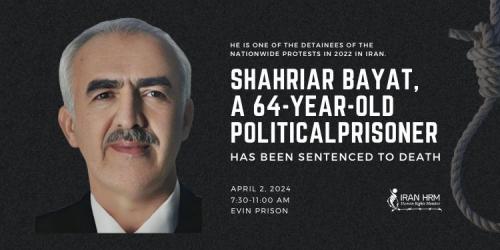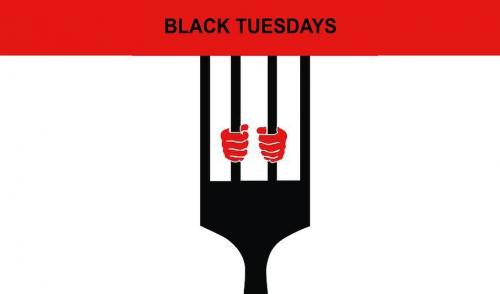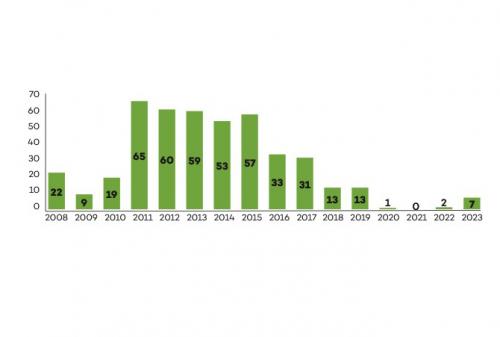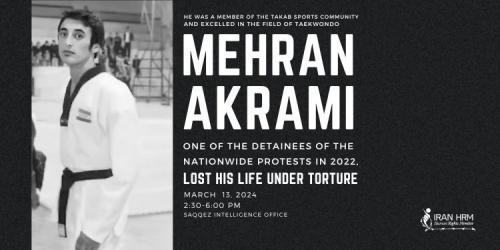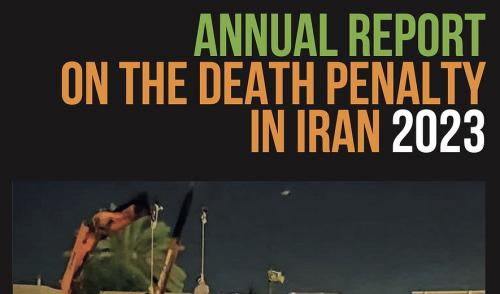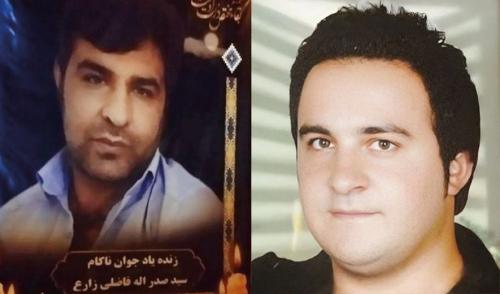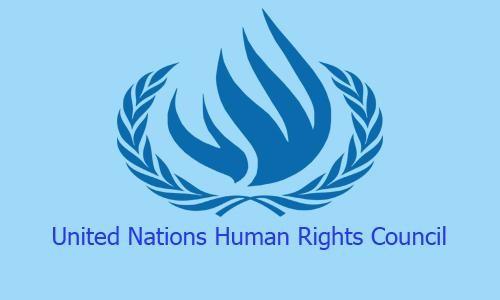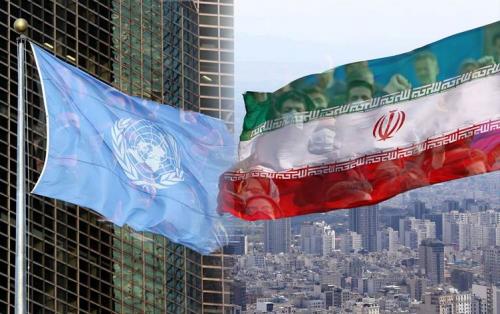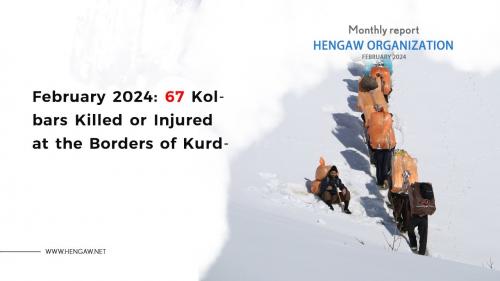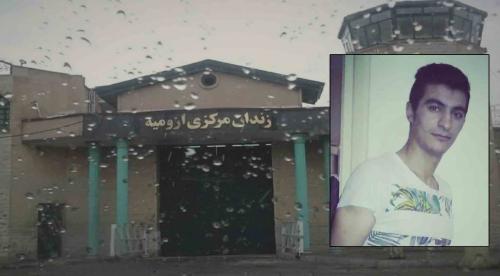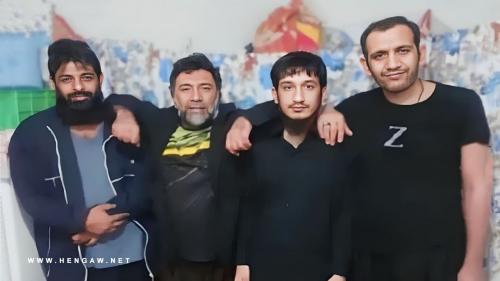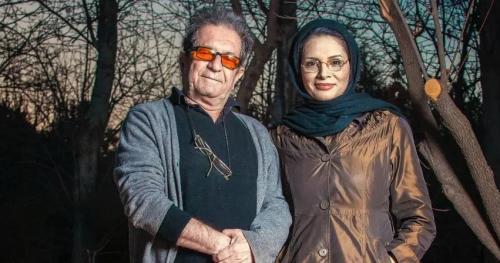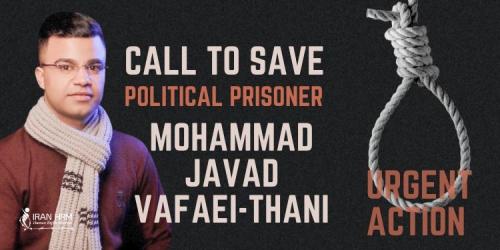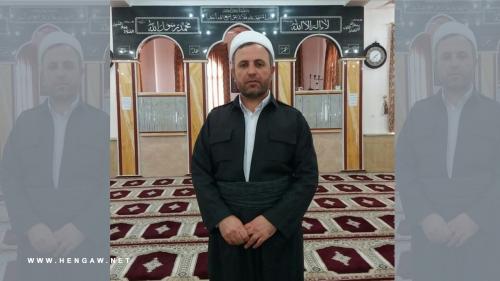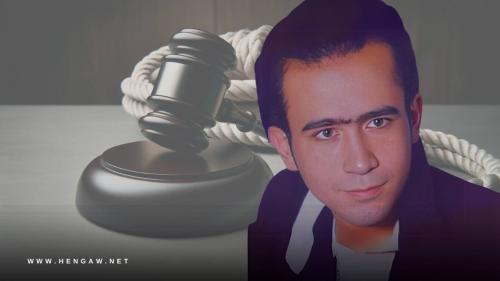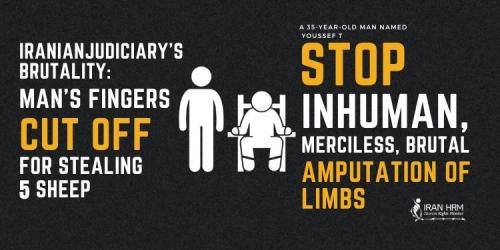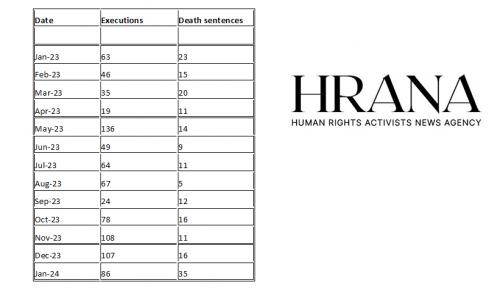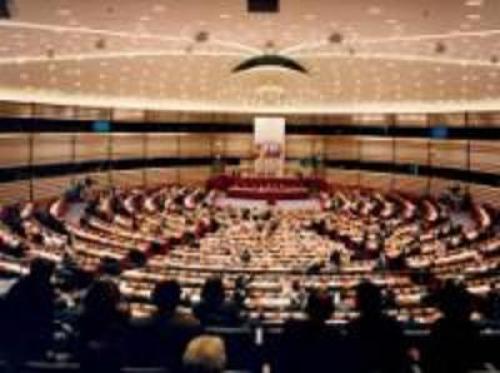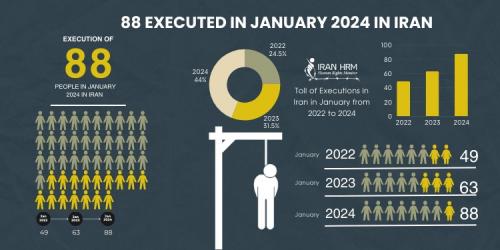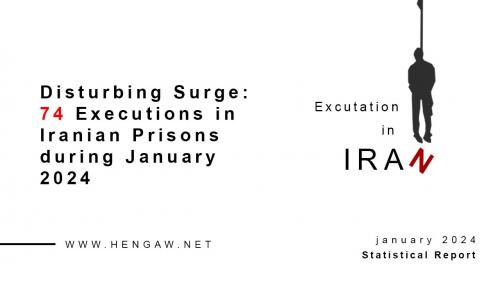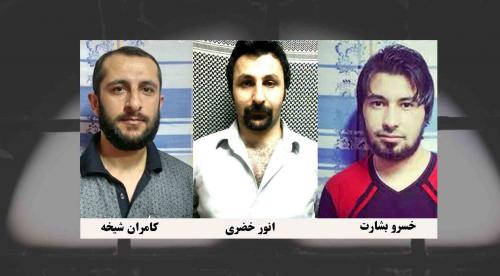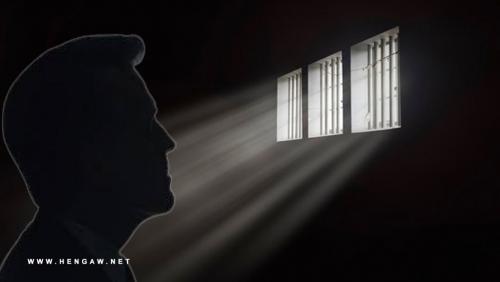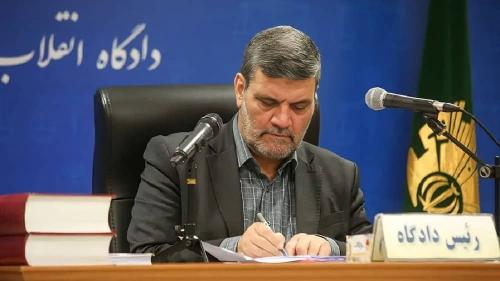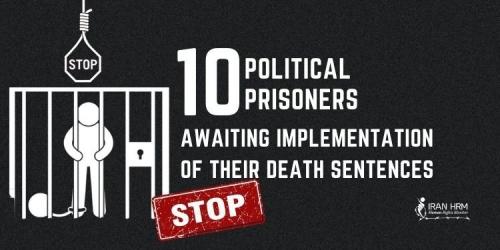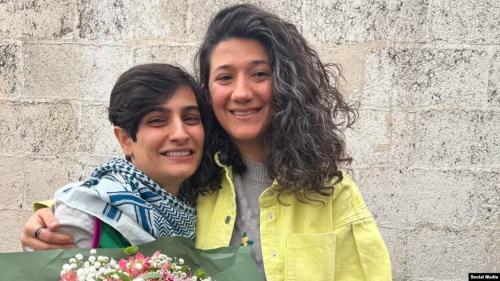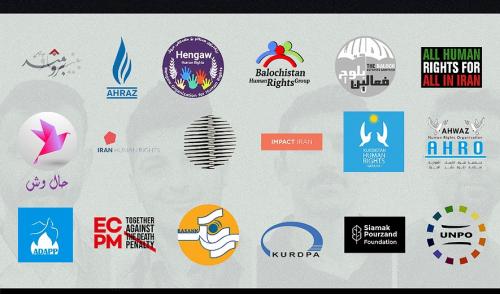11 April 2024 :
April 10, 2024 - IRAN. 82 Rights Groups: UNODC Must Stop Complicity in Drug Executions in Iran
IHR and 81 Iranian and international organisations and groups have called for joint action to stop drug-related executions, urging UNODC to make “any cooperation with the Islamic Republic contingent on a complete halt on drug-related executions. They have announced the start of a mass international campaign in this regard.
The statement reads: “We are concerned that hundreds more will be executed in the coming months if we do not increase the political cost of these executions for the Islamic Republic. We call on all human rights organisations and activists to take part in a special global campaign to stop drug-related executions in Iran.”
Commenting on the need for the joint action, Mahmood Amiry-Moghaddam, the Iran Human Rights Director and one of the organisers of the call said: “Aimed at instilling fear and preventing more protests, the Islamic Republic executed at least 471 people for drug-charged in 2023, without any political cost and consequences.” He continued: “This joint action is to raise awareness and sensitise the international community and public about drug-related executions in Iran and increase the political cost of these executions for the authorities. The execution of more than one person per day under the pretext of drug offences should become intolerable for the people and the international community.”
Call for joint action to stop drug-related executions in Iran
The death penalty or state murder is the Islamic Republic’s most important tool for instilling societal fear to maintain power. Executions in Iran increased dramatically following the “Woman, Life, Freedom” uprising, with at least 834 people executed in 2023.
In 2023, more than half of all recorded executions in Iran were for drug-related charges. At least 471 people were executed without any backlash or political cost for the Islamic Republic. The majority of those executed are from deprived and marginalised communities. The number of executions carried out in the ethnic regions, particularly the Kurd and Baluch, is disproportionally high compared to their population. In 2023, 1/3 of those executed for drug-related charges were Baluch people.
Drug defendants are sentenced to death by Revolutionary Courts based on torture-tainted confessions, without due process and fair trial rights and often without access to a lawyer.
Drug-related executions have not received appropriate international reaction and their daily implementation is met with media silence. This has led to the authorities carrying out 18 times more drug executions in 2023 compared to 2020 with the lowest political cost.
On the other hand, the United Nations Office on Drug and Crime (UNODC) which cooperates with Iran in combating drug trafficking, has not only remained silent about the sharp hike in drug executions, but signed a new agreement with the Islamic Republic in May 2023. In addition to legitimising the state’s use of the death penalty, this cooperation also leads to more executions through financial aid and equipment.
We are concerned that hundreds more will be executed in the coming months if we do not increase the political cost of these executions for the Islamic Republic. We call on all human rights organisations and activists to take part in a special global campaign to stop drug-related executions in Iran.
The aim of the campaign is to echo the voice of the most voiceless victims of the Islamic Republic’s execution and intimidation machine. We also urge the UNODC to make any cooperation with the Islamic Republic contingent on a complete halt on drug-related executions.
Signatories:
Iran Human Rights (IHRNGO)
International Committee Against Execution (ICAE)
Global Campaign to Stop Executions In Iran
World Coalition Against the Death Penalty
Defenders of Human Rights Center (Shirin Ebadi)
Ensemble contre la peine de mort (ECPM)
Harm Reduction International
Kurdistan Human Rights Association - Geneva
Haalvsh
The Baloch Activists Campaign
Kurdistan Human Rights Network (KHRN)
6Rang (Iranian Lesbian and Transgender Network)
Kurdpa Human Rights Organization
Ahwaz Human Rights Organisation (AHRO)
Justice for Iran
Iran Human Rights Documentation Center
Association for the Human Rights of the Azerbaijani People in Iran (AHRAZ)
Center for Human Rights in Iran
United for Iran (U4I)
Hengaw Organization for Human Rights
HANA Human Rights Organization
Balochistan Human Rights Group
Rasanak
All Human Rights for All in Iran
United to End Executions in Iran
The Sunny Center Foundation (USA)
Hands Off Cain
Abolition Death Penalty of Iraq Organization
Rescue Alternatives Liberia
ACAT Belgique
The Christian Union for Progress and Human Rights, DRC
Grupo de Apoyo Mutuo, Guatemala
Death Penalty Focus (USA)
Key and Vulnerable Population Tanzania (KVP Forum)
Capital Punishment Justice Project, Australia
Eleos Justice, Monash University, Australia
ACAT Germany (Action by Christians for the Abolition of Torture)
German Coalition to Abolish the Death Penalty (GCADP)
Federal Association of Vietnamese Refugees in the Federal Republic of Germany
Transitional Justice Working Group (TJWG), South Korea
Humanity Diaspo, France
Italian Federation for Human Rights (FIDU)
SALAM DHR (Bahrain)
ACAT France
Campaign to Free Political Prisoners in Iran (CFPPI)
Association des Chercheurs Iraniens (ACI)
ArcDH Human Rights of Azerbaijanis of Iran
Kanoon-e Khavaran
NIKA, Network of Iranians for Liberty and Democracy
Free Them Now
Frauen für Freiheit
Solidarität mit der Iranischen Revolution - Frankfurt/Mainz
Iranian Voices in Frankfurt
Bramsh - Voice of Balochistan Women
International Iranian Physicians and Healthcare Providers Association (IIPHA)
Aktion für Menschenrechte e.V.
Simorgh; Centre socio-culturel des Iraniens de Québec
Free Human Association
Iranian Healthcare Association for Democracy and Human Rights
Nemiran Center
Women’s Independence and Sustainable Equality (WISE)
Stop Child Executions (SCE)
Hanai Rojhelat
Alborz, Paris - collectif en soutien au soulèvement "Femme, Vie, Liberté", France
Transnational Community Federation
HÁWAR.help Organization
Norsk Iransk Råd
SolidIran Association
Minnesota 4Iran
Ensemble pour l’Iran
Centre Zagros pour les Droits de l’Homme
Kurdistan Human Rights Reporters Center
Iransk Solidaritetsforum
Woman-Life-Freedom, Melbourne
Feminista Bonn
Justice Supporters Association
International Women in Power
Alliance Path for Iran (API)
Volunteer Doctors of Kurdistan
Rev Group Iran
Frau Leben Freiheit Darmstadt
Rojhalat Women Organisation
https://iranhr.net/en/articles/6637/https://hengaw.net/en/news/2024/04/article-26
(Source: IHR)



